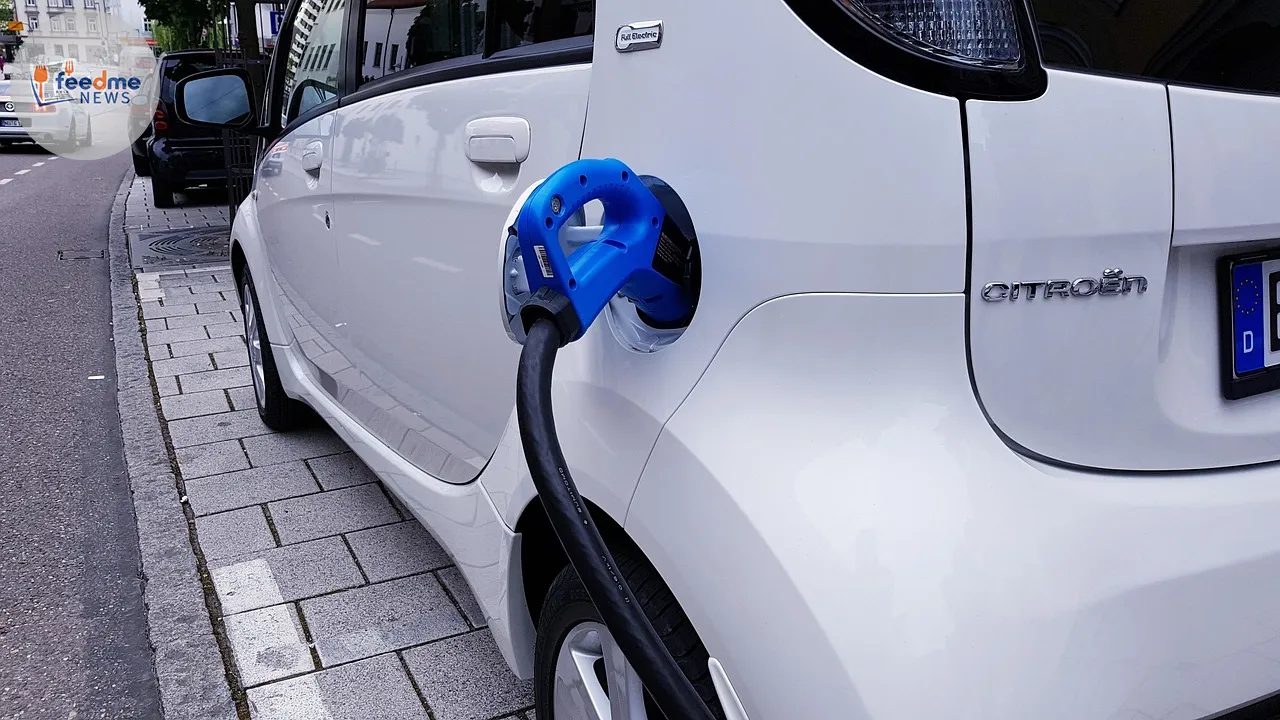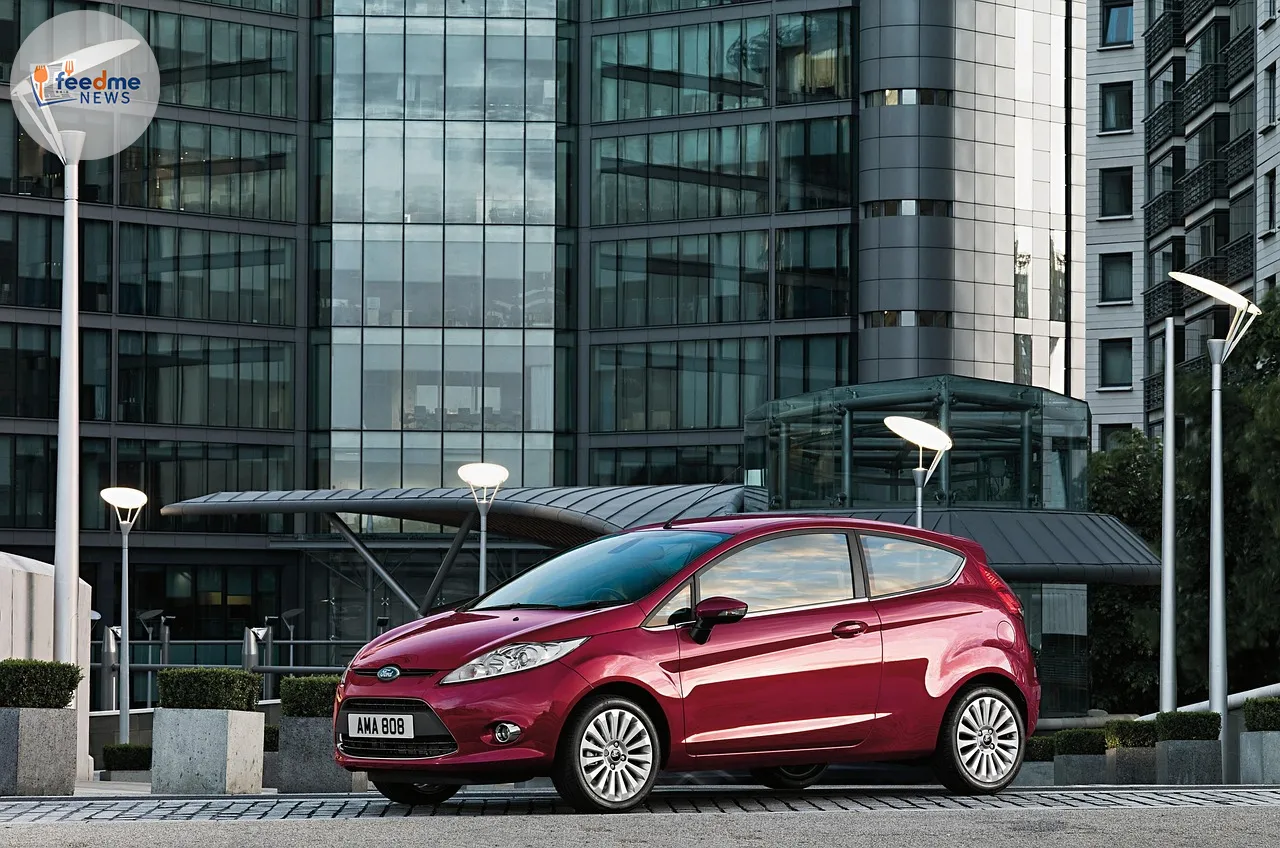The UK government has announced a significant initiative aimed at accelerating the adoption of electric vehicles (EVs) by unveiling a new £650 million Electric Car Grant. This move seeks to make electric cars more affordable for everyday consumers, offering discounts of up to £3,750 on eligible vehicles. The grant, which will be available from 16 July, comes as a response to industry calls for support to stimulate the EV market and help transition the UK towards a more sustainable future.
The grant reintroduction follows the termination of the previous Plug-in Car Grant (PiCG) three years ago, which provided a £1,500 discount on EVs priced below £32,000. The new scheme targets vehicles priced at or below £37,000, with discounts varying based on sustainability criteria yet to be disclosed by the government. This initiative is part of a broader strategy to meet the UK’s Zero Emission Vehicle (ZEV) mandate and increase the percentage of EVs on UK roads.

Timing and Location: A Strategic Move for the UK
The announcement of the Electric Car Grant was made on 14 July 2025, with the discounts applicable from 16 July. This timing is crucial as the UK government aims to address the shortfall in EV adoption rates, which have lagged behind forecasts made after the discontinuation of the PiCG. The grant targets the more affordable end of the EV market, intending to make zero-emission vehicles accessible to a broader range of consumers.
The UK remains committed to achieving its ZEV mandate, which requires automakers to ensure 28% of their sales are electric vehicles this year. This grant is seen as a pivotal step in reaching this goal, especially as current sales figures show that only 25% of new cars sold are electric. By offering financial incentives, the government hopes to bridge this gap and encourage more private buyers to consider electric vehicles.
Sustainability Criteria: A New Approach to Grants
The Electric Car Grant introduces a unique approach by linking discounts to sustainability criteria, which include the carbon emissions involved in an EV’s production. Vehicles are categorised into bands based on their environmental impact, with “band one” cars receiving the full £3,750 discount and “band two” cars eligible for up to £1,500. The criteria for these bands, including CO2 emissions from vehicle assembly and battery production, are yet to be fully disclosed.
The government has clarified that all vehicles, irrespective of their manufacturing origin, will be assessed under the same framework. This ensures a level playing field and focuses on promoting vehicles that contribute to carbon reduction. Manufacturers must have verified science-based targets for carbon reduction to qualify for the grant, further emphasising the government’s commitment to sustainability.
Industry Reactions: A Positive Step Forward
The automotive industry has welcomed the reintroduction of the grant, with industry leaders expressing optimism about its potential impact. Mike Hawes, Chief Executive of the Society of Motor Manufacturers and Traders, described the grant as a “clear signal” for prospective buyers to embrace electric vehicles. He emphasised the importance of rapid deployment to achieve the government’s ambitious targets for EV adoption.
Adam Wood, Managing Director of Renault UK, praised the incentives but called for continued collaboration between car makers, infrastructure providers, and the government. Meanwhile, a spokesperson for Volkswagen Group UK highlighted the grant as a positive indication of the government’s commitment to promoting battery-electric cars, though they cautioned that its full impact remains to be seen.
Broader Government Initiatives: Supporting the Transition to Zero-Emission Vehicles
The Electric Car Grant is part of a larger government effort to support the transition to zero-emission vehicles. Alongside the grant, the government has launched Drive35, a £2.5 billion fund aimed at supporting projects that facilitate the development of zero-emission vehicle manufacturing. This fund will provide financial assistance for manufacturing, research and development, job creation, and training, ensuring the UK remains at the forefront of the global shift towards sustainable transportation.
Business and Trade Secretary Jonathan Reynolds emphasised the importance of economic growth and investment in the auto sector, noting that these initiatives will create jobs and opportunities across the UK. By funding the EV market and supporting innovation, the government aims to position the UK as a leader in the transition to zero-emission vehicles.
In summary, the UK’s new Electric Car Grant represents a significant step towards increasing the adoption of electric vehicles. By offering financial incentives and linking them to sustainability criteria, the government is encouraging both consumers and manufacturers to prioritise environmentally friendly practices. As the UK aims to meet its ZEV mandate, this grant, alongside other government initiatives, will play a crucial role in driving the nation’s transition to a sustainable automotive future.






